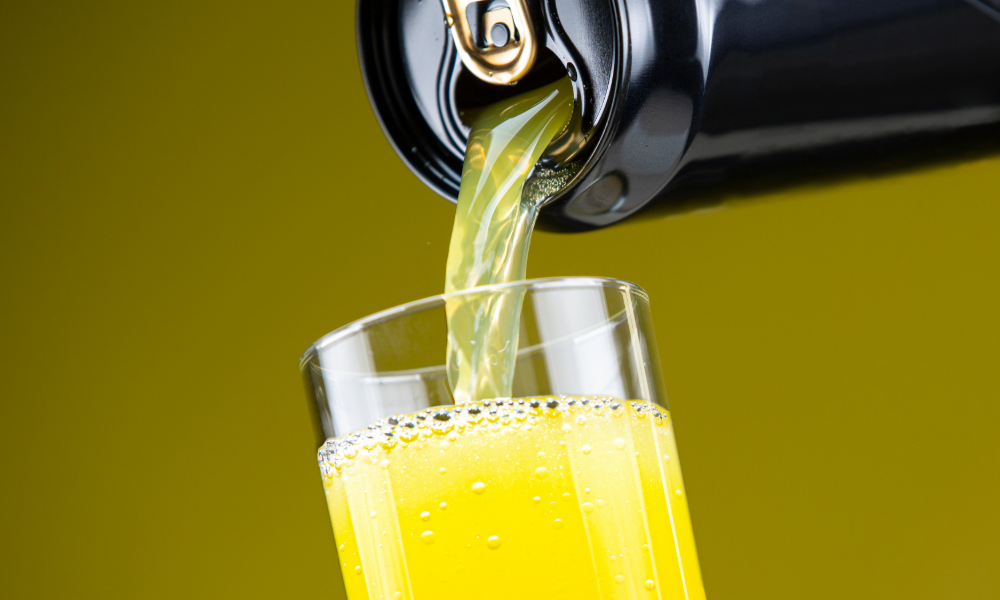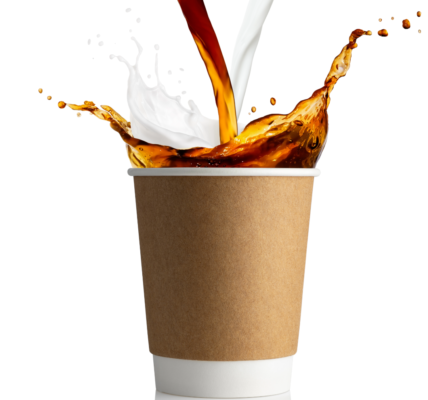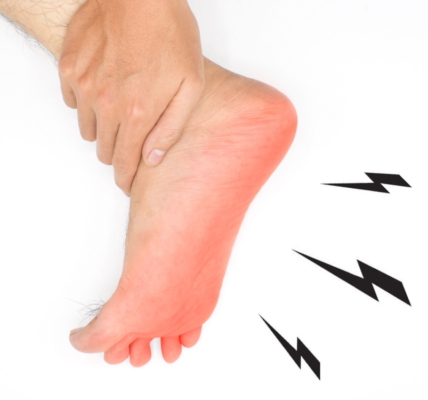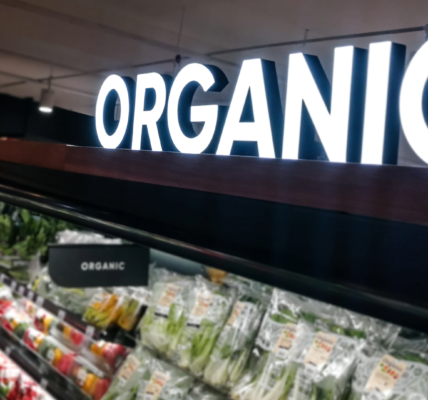Synthetic Caffeine: Is Your Soda Hiding a Dirty Secret?
Most mainstream soda brands like Coke, Pepsi, Mountain Dew, and Dr Pepper rely on synthetic caffeine rather than natural sources like coffee beans or tea leaves for that caffeinated kick. But is this synthetic caffeine really as harmless as soda manufacturers would have us believe?
The Process Behind Synthetic Caffeine
While chemically identical to natural caffeine, the synthetic variety is produced artificially in labs rather than extracted from plants. This allows soda companies to get precisely calibrated doses and avoid dealing with natural agriculture products.
However, the process of synthesizing caffeine is far from natural. It involves using ammonia, sulfuric acid, and other harsh chemicals to produce the potent stimulant. Trace amounts of these toxic manufacturing agents can potentially remain in the finished synthetic caffeine product.
Potential Risks of Synthetic Caffeine
While the FDA deems synthetic caffeine safe for consumption, there are rising concerns that the chemical process could produce impurities with negative health impacts, especially with repeated long-term exposure.
Some researchers have linked synthetic caffeine consumption to:
- Increased anxiety, headaches, and heart palpitations
- Potential carcinogenic effects
- Impacts on fertility
- Neurological issues like dizziness and brain fog
Natural Caffeine: A Cleaner Alternative? In contrast, natural caffeine from sources like coffee beans, tea leaves, and yerba mate avoids this harsh synthetic process. Plants produce caffeine as part of their natural biochemical cycle with no added industrial chemicals required.
Brands like Zevia, Guayaki, and Bai are pioneering the use of natural botanical sources for their caffeine kicks. While not free from concerns about overconsumption, these drinks could represent a cleaner caffeine option compared to synthetic sources.
The Bottom Line
As is so often the case, striving for convenience and low costs can come with hidden tradeoffs. While the risks of synthetic caffeine are still being evaluated, erring on the side of natural may be the smarter choice for your health.





